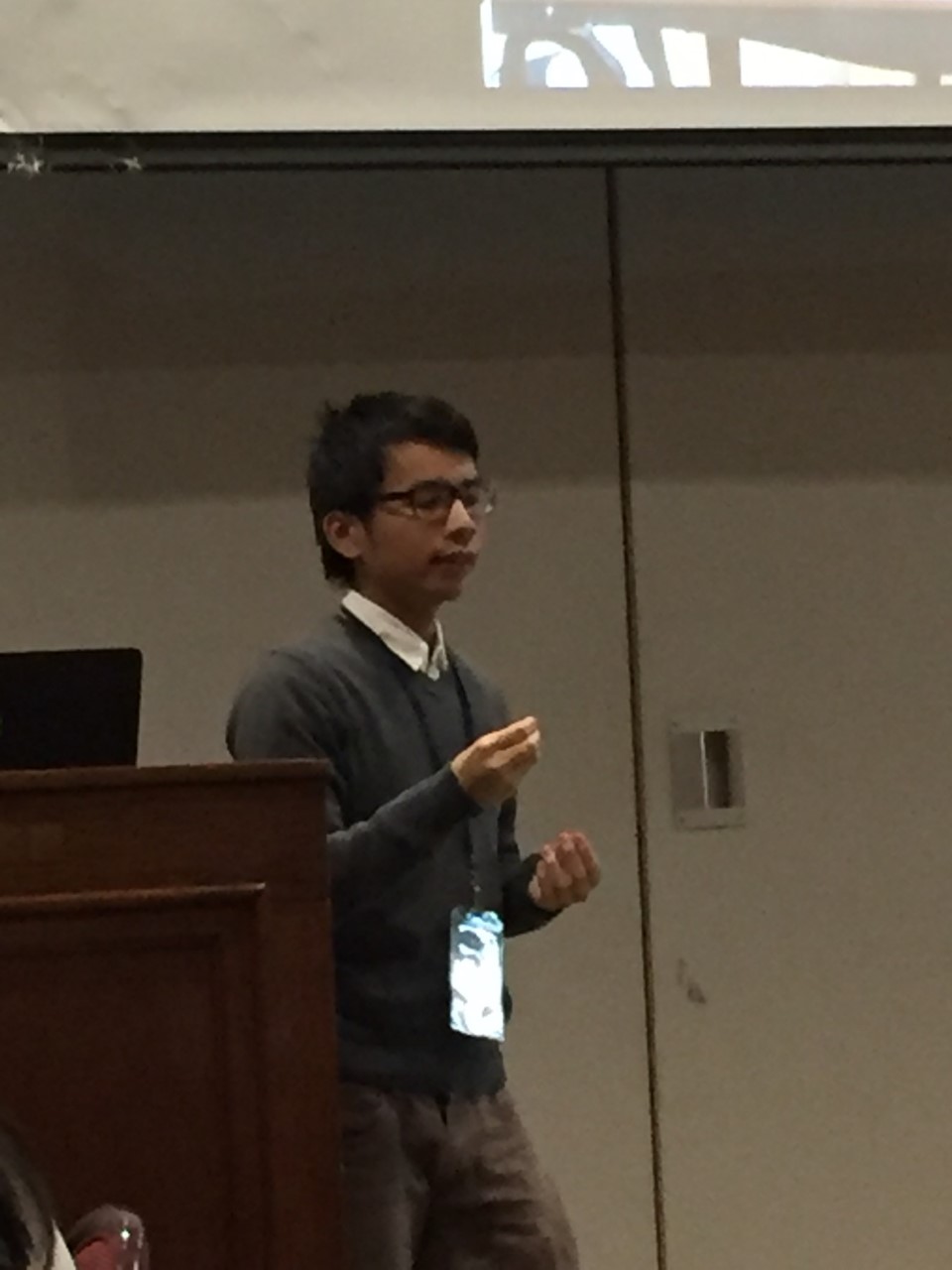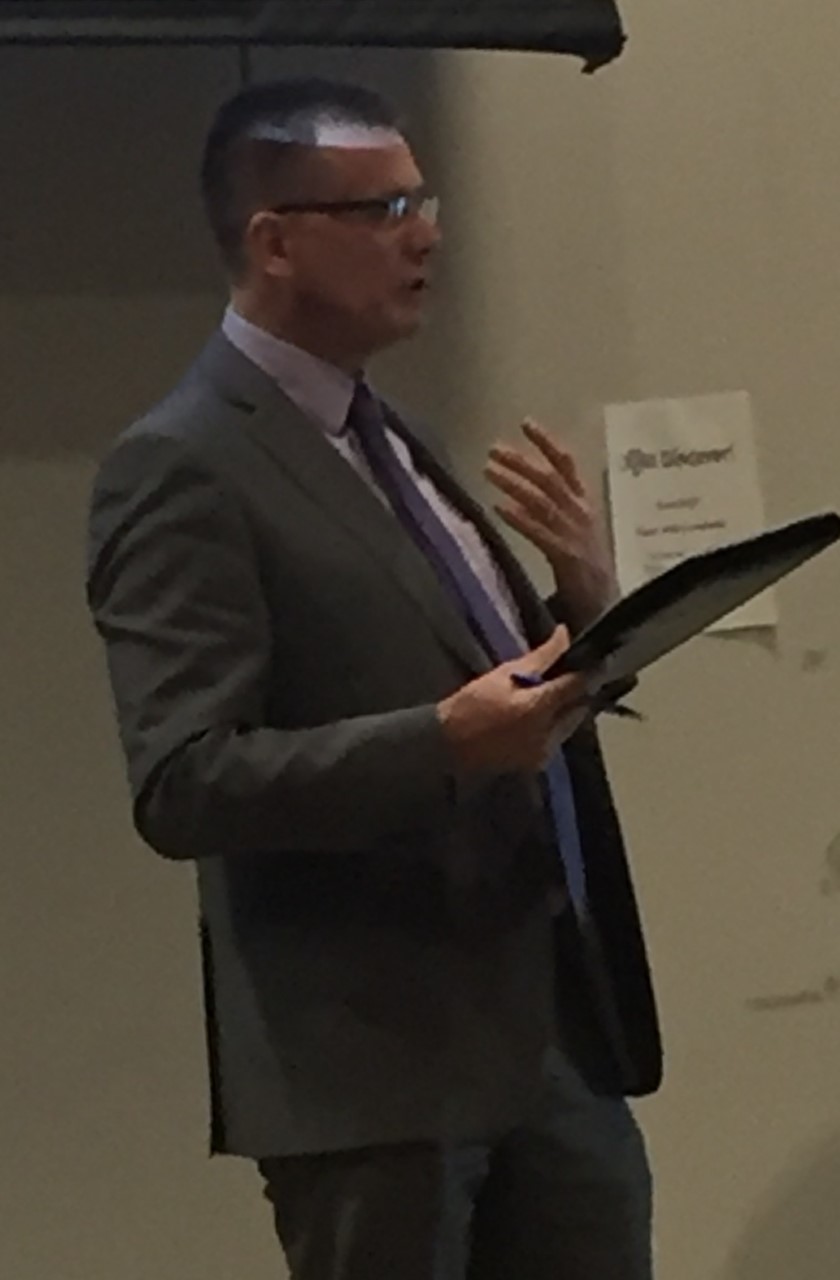Home » Posts tagged 'High Impact Practices'
Tag Archives: High Impact Practices
Creating Undergraduate Student Research-based Learning Experiences

George Kuh (2008) tells us that there are 11 teaching practices that have high impact on student learning. These include: first-year experiences, common intellectual experiences, learning communities, writing-intensive courses, collaborative assignments and projects, undergraduate research, diversity/global learning, service learning/community-based learning, internships, capstone courses/projects, and ePortfolios. Students who benefit from these teaching practices “earn higher grades and retain, integrate, and transfer information at higher rates” (p. 14). Some of the common characteristics of these HIPs:
- Demand that students commit considerable time and effort to” purposeful tasks”;
- Demand they interact with faculty and peers about academic matters over extended periods of time;
- Increase the likelihood that students will experience diversity through contact with people who are different from themselves;
- Provide students with frequent feedback about their performance;
- Provide opportunities for students to see how what they are learning works in different settings, both on and off campus; and
- Provide life changing experiences for students
William Cronon (1999) captured the essence of HIPs when he wrote:
More than anything else, being an educated person means being able to see connections that allow one to make sense of the world and act within it in creative ways. Every one of the qualities I have described here–listening, reading, talking, writing, puzzle solving, truth seeking, seeing through other people’s eyes, leading, working in a community–is finally about connecting (p. 12).
Today I would like to focus on one of the HIPs, undergraduate research. Universities are increasingly providing research experiences for undergraduates that engages students with “actively contested questions, empirical observation, cutting-edge technologies, and the sense of excitement that comes from working to answer important questions” (Kuh, 2008, p. 10). This leads students to benefit from each of the HIP common characteristics noted above. For a long time, this educational activity was limited to graduate students. But now, we are seeing undergraduates also benefit from research as learning by “listening, reading, talking, writing, puzzle solving, truth seeking, seeing through other people’s eyes, leading, working in a community”; all of which results in them connecting to each other and the world in some very meaningful ways.

For many years, we have had a wonderful program at the University of Windsor, Outstanding Scholars, which sees undergraduate students engage with faculty members on important research projects outside of the classroom. Students are paid to work in a research placement for up to six semesters. During that time they have the opportunity to be mentored in their discipline, and to get to know faculty much better than they would in the classroom only. This semester I have had an opportunity to work with one of our scholars on a project involving supporting an international student learning community research project on finding the connection between student satisfaction and perceptions of learning with the promising teaching for teaching international students. Miranda Pecoraro has worked closely with graduate and undergraduate students, faculty members, and research staff as she developed enhanced collaboration, communication, and quantitative knowledge with regard to developing a research project. It has been a pleasure watching her challenge herself and grow both personally and professionally throughout the semester. I am especially pleased that she will be continuing with the project.
This week I had the pleasure of participating as a judge in the University of Windsor’s UWILLDiscover Conference. This is a conference that takes undergraduate research a step further by combining it with the research output of graduate students. At this year’s conference, we saw Faculty of Education undergraduates present on their experiences traveling to China as part of our Reciprocal Learning Program. There were posters presented on a range of topics where undergraduates, graduate students, and staff/faculty supervisors presented with undergraduate students. And we also saw separate but equally well developed presentations made throughout the four days of the conference by both undergraduate and graduate students. Added to all of this, the conference was managed by a large group of student volunteers working under the guidance of Dr. Phil Wernette.
Perhaps the next step is to find ways to combine in-class learning with research engagement in ways that remove the lines for student learning in between the classroom and the extracurriculum. If this interests you, drop me a comment. I would be interested in how you are creating dynamic research-based learning experiences for undergraduate students across the student experience.
Clayton Smith
References
Cronon, W. (1999). Only connect: The goals of a liberal education. Liberal Education, 85(1),
Kuh, G. (2008). High-impact educational practices: What they are, who has access to them, and why they matter. Washington, DC: Association of American Colleges and Universities.
Recent Comments